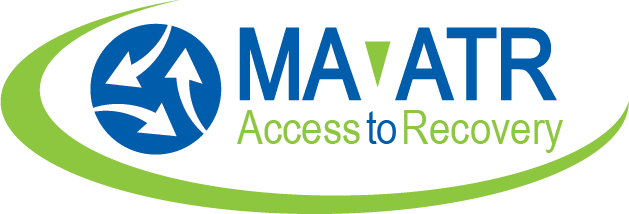Summary by: AHP Technical Assistance Intern, Emily Kratz
Full Article by: NSC Senior Fellow, Amanda Bergson-Shilock and NSC Policy Analyst, Caroline Treschitta
Ever since the pandemic, it has become increasingly clear that we are living in a digital world. In fact, the National Skills Coalition (NSC), in collaboration with the Federal Reserve Bank of Atlanta, recently released research indicating that digital skills are a requirement for 92% of jobs. However, the fact that only 66% of workers are equipped with the digital skills they need indicates a striking disparity, one compounded by structural inequity. The NSC is currently working at multiple government levels to ensure that this digital gap is bridged. Senator Tim Kaine (D-VA) has announced his upcoming work with NSC on the 21st Century Workforce Act, a movement to amend the Workforce Innovation and Opportunity Act (WIOA) to ensure funding for digital skills training. On the federal level, the US Department of Commerce’s National Telecommunications and Information Administration (NTIA) continues to roll out implementation of the federal Digital Equity Act and the Broadband Equity, Access, and Deployment (BEAD) program. State allocation amounts are now available, with each state receiving at least $100 million in funds. Consequently, states’ BEAD 5-year Action Planning processes have begun. State Digital Equity Planning processes are also underway, and NSC highly encourages members to participate in discussion and submit public comments on member’s State Plans.
While NSC’s recent request to the NTIA and Census Bureau for a more comprehensive survey on digital skills is still in the works, The US Department of Education’s Office of Career, Technical, and Adult Education (OCTAE) continues to run several national projects meant to facilitate digital growth. The Digital Resilience in the American Workforce (DRAW) program works to support learners in digital technology-oriented tasks, and OCTAE’s Transforming Digital Equity Initiative focuses on teaching digital skills to immigrants and English learners.
While multiple states have led the way on digital skill trainings, interesting developments continue to take place in Virginia, Ohio, and Louisiana. While Virginia’s plans include a Digital Opportunity Survey of state residents, Ohio is working on ensuring job placement for broadband infrastructure jobs provided by BEAD funding, and Louisiana is using their BEAD and Digital Equity funds to focus on technical training and workforce development. NSC encourages members to engage with their states’ planning, as resident feedback can and does influence both statewide and local implementation.
Emily Kratz, B.A.
Emily is an intern within Advocates for Human Potential’s Access to Recovery program. She received her bachelor’s degree in psychology with a double concentration in English and criminal justice from SUNY’s University at Albany and is currently pursuing a PsyD in clinical psychology at Antioch University, expected 2028.

